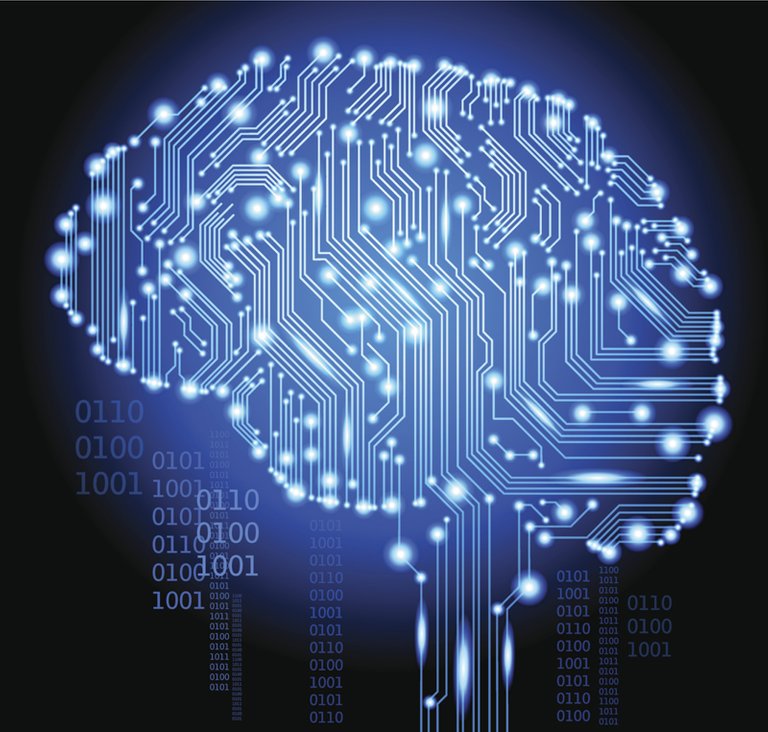
What Google did to the internet (easiness of finding information) is what IBM's Watson is doing to human knowledge: understands the data like a human.
The future of AI, the Cognitive computing is here (for a while). What Google did to the internet (ease of finding information) is what IBM's Watson is doing to human knowledge: understands the data like a human.
Basically, Watson is the next step in AI. Does not only gather massive amounts of info and then gives you an answer based on that. It's much more. It's a new perspective:
It understands how a human would think.
Almost. There are many steps to take. Let's not use big words here. It find the relevance of information and acts like a human. It puts in the human's place and emulates his way of thinking.
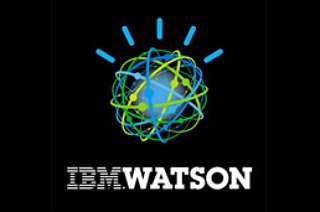
Even if it assimilates so much data and has so much processing power, it's just a tool: the most advanced artificial brain on the planet. Even if exceeds some of ours cognitive possibilities (I'm not talking about speed or volume, I'm talking about using this together), there is much to be done before he can really be our opponent.
The best part of this AI development ?
It works only with the help of humans. It works side by side with us to improve our world. There is an interesting interdependence between Watson and the engineers that teach him to understands this world and our life. An interesting interdependence.
Watson needs us.
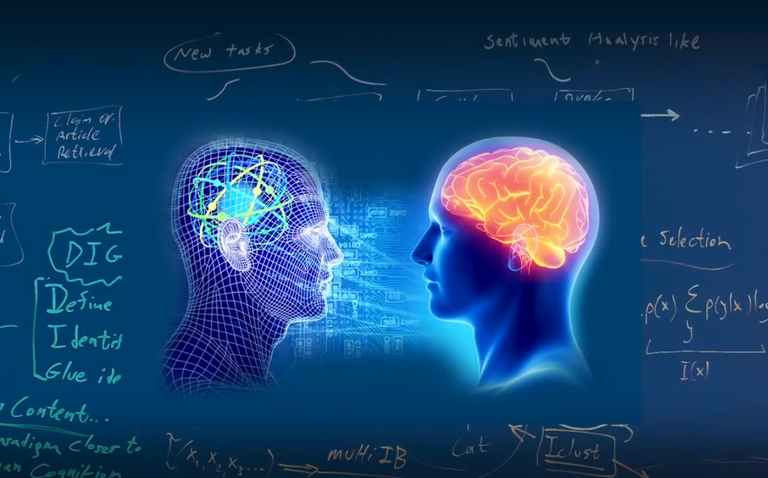
What does it do actually ?
Puts into the context the volume the information we deal with on a daily basis in order to derive value from it. This process serves to enhance human expertise. Watson and its cognitive capabilities mirror some of the key cognitive elements of human expertise: systems that reason about problems like a human does.
When we as humans seek to understand something and to make a decision we go through four key steps
WE OBSERVE visible phenomena and bodies of evidence
WE DRAW on what we know to interpret what we're seeing to generate hypotheses about what it means
WE EVALUATE which hypotheses are right or wrong
WE DECIDE choosing the option that seems best and acting accordingly
Watson use similar processes to reason about the information.
So how does Watson do it unlike conventional approaches to computing ?
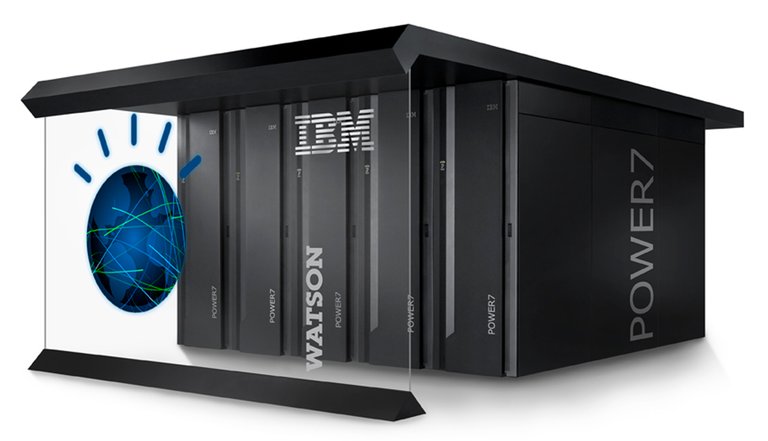
Watson can understand unstructured data which is eighty percent of data today. This includes everything from
literature articles research reports to blogs posts and tweets.
A usual AI understands well structured data that is governed by well defined fields that contain well specified information. Watson relies on natural language which is governed by rules of grammar context and culture.
It's implicit ambiguous complex and a challenge to process.
In English for instance we can feel blue because it's raining cats and dogs while we're filling in a form someone asked us to fill out.
Watson doesn't just look for keyword matches or synonyms like a search engine, it actually reads it interprets text like a person it does this by breaking down a sentence grammatically, relationally and structurally, discerning meaning from the semantics of the written material.
Watson understands context (this is very different than simple speech recognition).
Watson tries to understand the real intent of the users language and uses that understanding to possibly extract logical responses and draw inferences to potential answers.
When Watson goes to work in a particular field it learns the language the jargon and the mode of thought of that domain.
Take the term cancer for instance there are many different types of cancer and each type has different symptoms and treatment. However those symptoms can also be associated with diseases other than cancer treatments, can have side effects and affect people differently depending on many factors.
The main steps it does to understand:
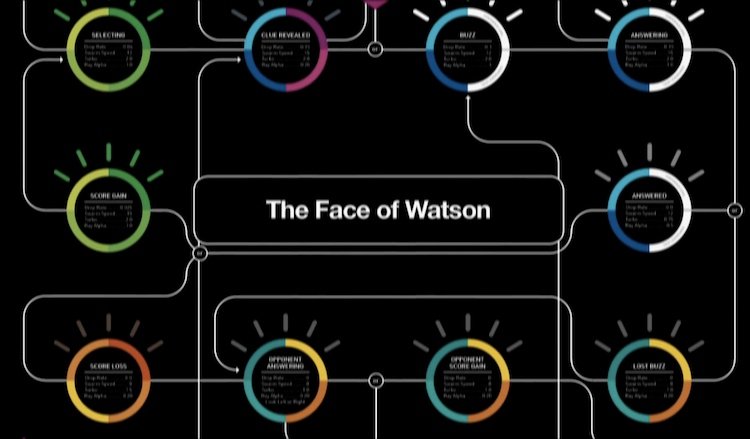
- It builds a corpus of knowledge (collecting a corpus starts with loading the relevant body of literature)
- Curating the content - by humans - they discard anything that is out of date poorly regarded or immaterial to the problem domain.
- Preprocessing/Ingestion. Watson builds indices and other metadata that make working with that content more efficient.
- Is trained by a human expert to learn how to interpret the information to learn the best possible responses and acquire the ability to find patterns (in the form of question answer pairs)
- Updating info - It continues to learn through ongoing interaction interactions between users and itself.
Watson is now ready to respond to questions about highly complex situations and quickly provide a range
of potential responses and recommendations that are backed by evidence.
It's also prepared to identify new insights or patterns locked away in information, from metallurgist looking for new alloys to researchers looking to develop more effective drugs.
Most important of all Watson learns adapts and keeps getting smarter it actually gains value with age by learning from its interactions with us and from its own successes and failures. Just like we do.
Should we be afraid ?
Are you kidding ? That's' the best help we can get from other than ourselves on this planet and we are afraid of our own creation ? It's madness.

By the way, Watson started to learn cinematography. He analyzed the Morgan movie and made a trailer:
[ IBM Watson: How it Works ]
[ The Computer That Could Be Smarter Than Us ]
[ image1 image2 image3 image4 image5]